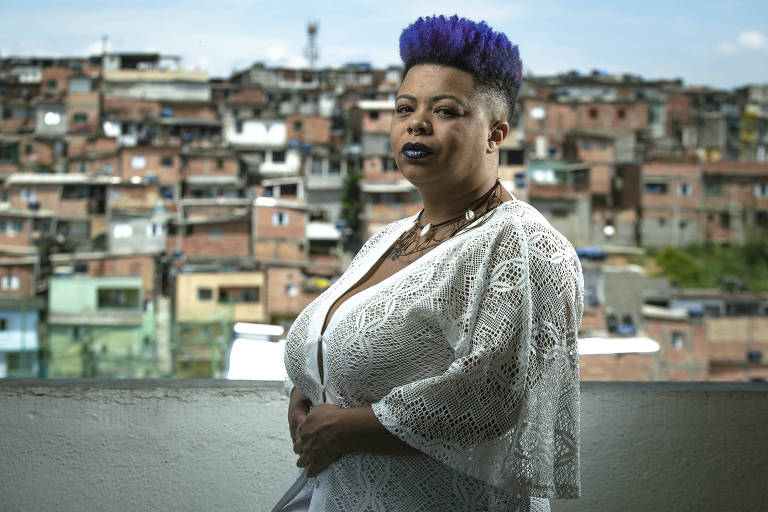It was in 2017, in the first prenatal consultation, that the actress and poet Priscila Obaci, 36, discovered that she was HIV positive at her first prenatal checkup in 2017. At the time, she was still breastfeeding her firstborn, who was one and a half years old.
“It was a scare, but I started taking the medication the next day. Three months later I had an undetectable viral load. The delivery was normal, the way I wanted it. My son was born beautiful and healthy and is too fuzzy,” she said.
In ten years, Brazil recorded a 38.1% increase in the rate of HIV detection in pregnant women: 2.1 cases per thousand live births in 2008 to 2.9 in 2018, according to the epidemiological bulletin of the Ministry of Health of 2019.
Except for the Southeast region, all others showed an increase in HIV detection during pregnancy. The North and Northeast regions had the highest increases, 87.5% and 118.1%, respectively.
The increase is explained, in part, by the expansion of prenatal diagnosis. With the use of antiretroviral therapy (ART) during pregnancy, the risk of transmission from mother to child is less than 2%.
Translated by Kiratiana Freelon
